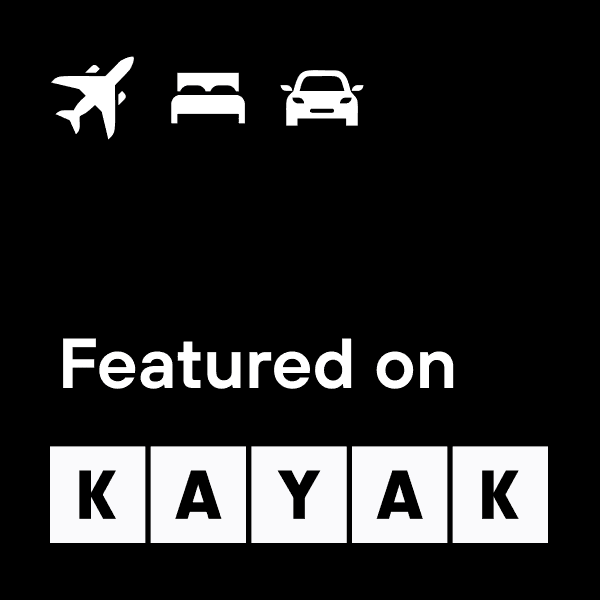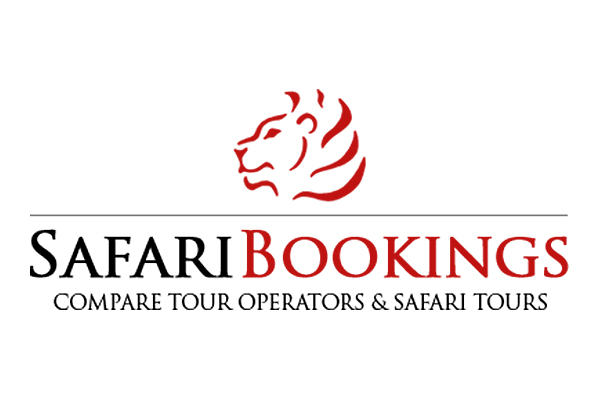The Ultimate Guide to Kilimanjaro Trek Costs
Scaling Mount Kilimanjaro, the highest peak in Africa, is a dream for many adventure seekers. However, before embarking on this epic journey, it is crucial to understand the costs involved in such a venture. From permits to guides and gear, there are several factors to consider when planning your budget for the Kilimanjaro trek.
Planning Your Budget for Scaling Mount Kilimanjaro
Permits and Fees
One of the primary expenses when climbing Kilimanjaro is the cost of permits. All climbers are required to obtain a permit from the Tanzanian government in order to hike the mountain. The fees for these permits vary depending on the route chosen and the number of days spent on the mountain. It is important to budget for these costs in advance, as they can range from a few hundred to over a thousand dollars.
Guides and Porters
Another essential aspect of climbing Kilimanjaro is hiring a guide and porters. While it is possible to trek the mountain independently, most climbers opt to hire experienced guides and porters to assist them on the journey. These individuals play a crucial role in ensuring the safety and success of the climb. The cost of hiring guides and porters will vary depending on the route and the number of days on the mountain. It is important to research reputable guide companies and budget for these expenses accordingly.
Gear and Equipment
Proper gear and equipment are essential for a successful climb up Kilimanjaro. From sturdy hiking boots to warm clothing and a high-quality sleeping bag, there are several items that climbers will need to invest in before embarking on the trek. It is important to budget for these expenses and ensure that you have all the necessary gear before setting out on the mountain.
Accommodation and Meals
While on the mountain, climbers will need to budget for accommodation and meals. Most climbing companies provide meals and tented accommodation as part of their package, but it is important to confirm this in advance. Additionally, climbers may need to budget for additional snacks and drinks along the way. It is important to be prepared for the physical demands of the climb by fueling your body with nutritious meals and staying hydrated throughout the journey.
Miscellaneous Expenses
In addition to the main expenses outlined above, climbers should also budget for miscellaneous costs such as tips for guides and porters, travel insurance, and any additional gear or equipment that may be needed. It is important to budget for these expenses in advance to avoid any unforeseen financial strain during the climb.
In conclusion, climbing Mount Kilimanjaro is a once-in-a-lifetime experience that requires careful planning and budgeting. By understanding the costs involved in such a venture and preparing accordingly, climbers can ensure a safe and successful journey to the summit of Africa’s highest peak. With the right preparation and a well-planned budget, reaching the top of Kilimanjaro can be a truly unforgettable experience.





